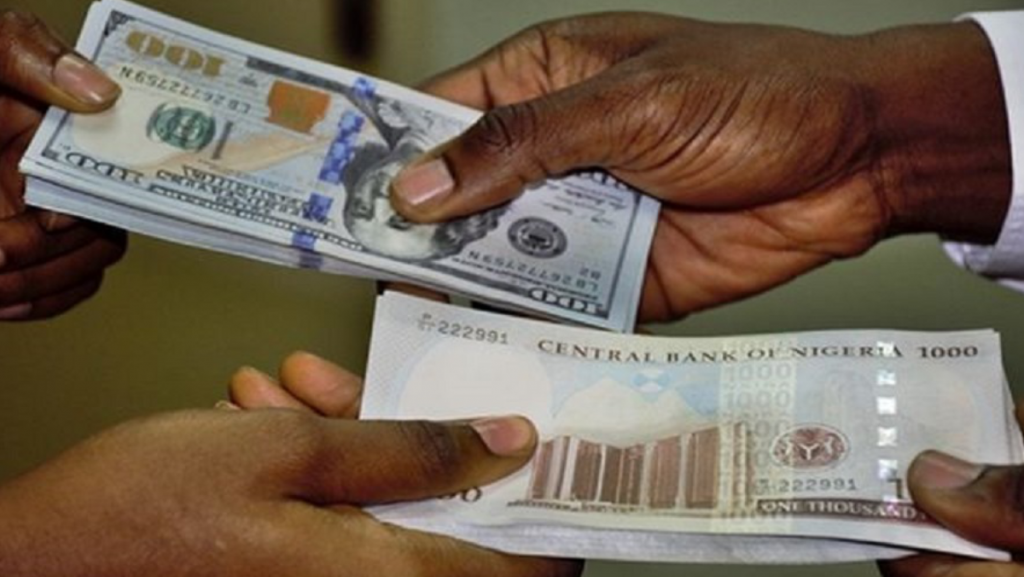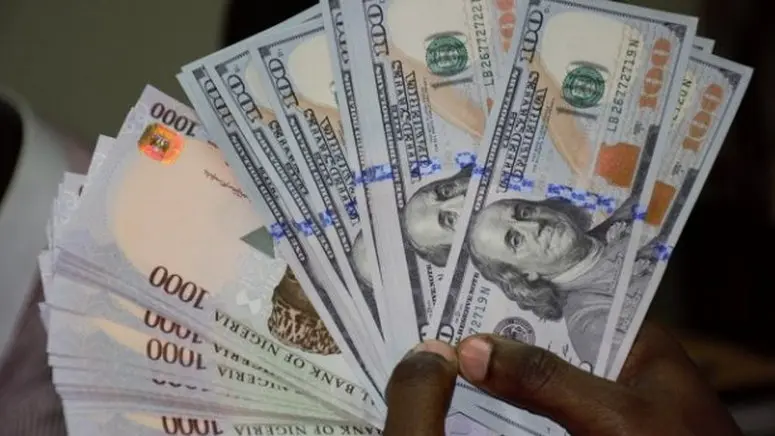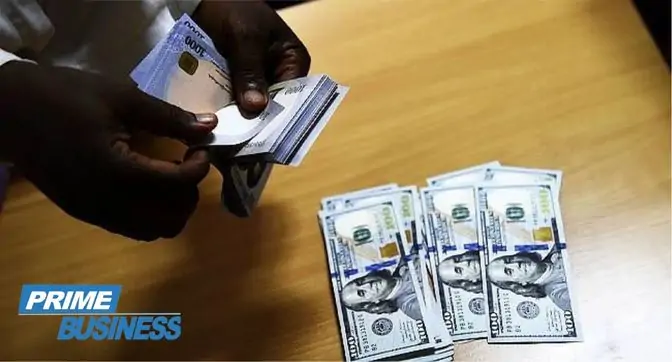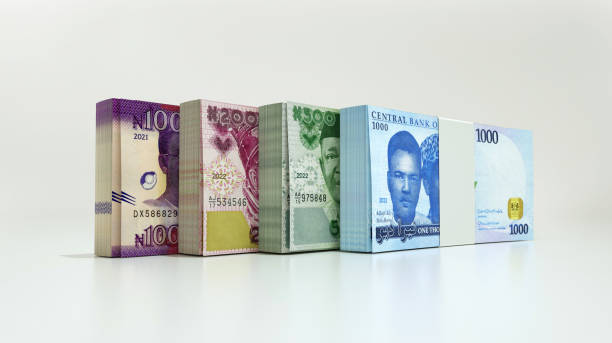In recent times, Nigeria has been grappling with the continuous devaluation of its currency, the Naira, against major foreign currencies. This persistent depreciation has raised concerns among economic experts and policymakers about the state of the Nigerian economy, its dependence on imports, and the urgent need for revitalizing local industries.
At a time during the last administration, the World Bank and other agencies, as well as experts in banking, finance and economy had at different times said having official and parallel value for the naira was hurting the economy and at the same time making a few privileged people pocketing billions of dollars without producing anything as they get the forex from the CBN at official rate and instantly sell same at the black market rate.
Join our WhatsApp ChannelAccording to analysts, Naira’s devaluation is driven by a complex web of factors, including a lack of foreign exchange earnings, insufficient foreign investments, and a declining productivity landscape.
Dr. Chris Apiti, Chairman of the Institute of Chartered Accountants (ICAN) Nsukka and District, expressed concerns about Nigeria’s current economic situation, noting that the country has become a consuming and a dumping ground for all kinds of foreign products.
Speaking on the ideal goal of devaluation, he said: “The essence of devaluation of currency is to make money cheaper, discourage imports by making foreign goods expensive, and encourage exports.”
Dr. Apiti questioned the state of Nigeria’s export capabilities, stating that “You can only export if you have something you are producing that the world needs.” He pointed out that Nigeria’s heavy reliance on imported goods is leading to a double effect of hardship in the country.
Dr. Apiti suggested that the government should prioritize revitalizing local industries and supporting small and medium-sized enterprises (SMEs) to promote self-sufficiency. He believed that devaluation of the Naira should only be considered when there is a robust export infrastructure in place.
READ ALSO: Dollar Rate Falls, As Naira Faces Devaluation Pressure
Also, Dr. Jonathan Ogbuabor, an Economist from the University of Nigeria Nsukka (UNN), echoed similar concerns regarding the Naira’s continuous devaluation. He attributed it to the declining productivity of the Nigerian economy.
Dr. Jonathan explained, “At the root of the continued devaluation of the Naira is the fact that the Nigerian economy is increasingly becoming less productive.”
He explained that Nigeria was not earning sufficient foreign exchange to finance its imports, attracting foreign investments, or retaining existing businesses within the country. “What we are witnessing today is that the Naira, under a floating regime, is struggling to find its feet,” he observed.
Dr. Jonathan lamented the lack of a credible plan to address the Naira’s devaluation. He pointed out that insecurity in the country was severely impacting economic activities, and no one was being held accountable for oil theft in Nigeria.
Additionally, the constant traveling of Nigerians to abroad for healthcare, education, and religious pilgrimages added to the pressure on the Naira. The economic expert emphasized the need for significant actions to stabilize the currency.
However, Dr. Emmanuel Balogun from the Department of Economics at the University of Lagos (UNILAG) added another dimension to the discussion. He argued that the Naira’s devaluation was partly due to its limited international trade. He explained, “The Naira is not volatile because we do not trade in Naira. We trade and buy foreign goods with foreign currencies.”
According to Dr. Balogun, the Naira’s volatility was a consequence of its status as a non-traded currency in the foreign exchange market. He emphasized the importance of distinguishing between traded and non-traded currencies.
He suggested that the focus should be on addressing the factors that deter foreign investors and hamper Nigeria’s export potential rather than relying solely on devaluation.
The continuous devaluation of the Naira is a critical issue that demands immediate attention from Nigerian authorities. The insights provided by these experts underscore the multifaceted nature of the problem, which includes the need for increased productivity, investment, and accountability, as well as a focus on local industries and exports.
Emmanuel Ochayi is a journalist. He is a graduate of the University of Lagos, School of first choice and the nations pride. Emmanuel is keen on exploring writing angles in different areas, including Business, climate change, politics, Education, and others.

















Follow Us